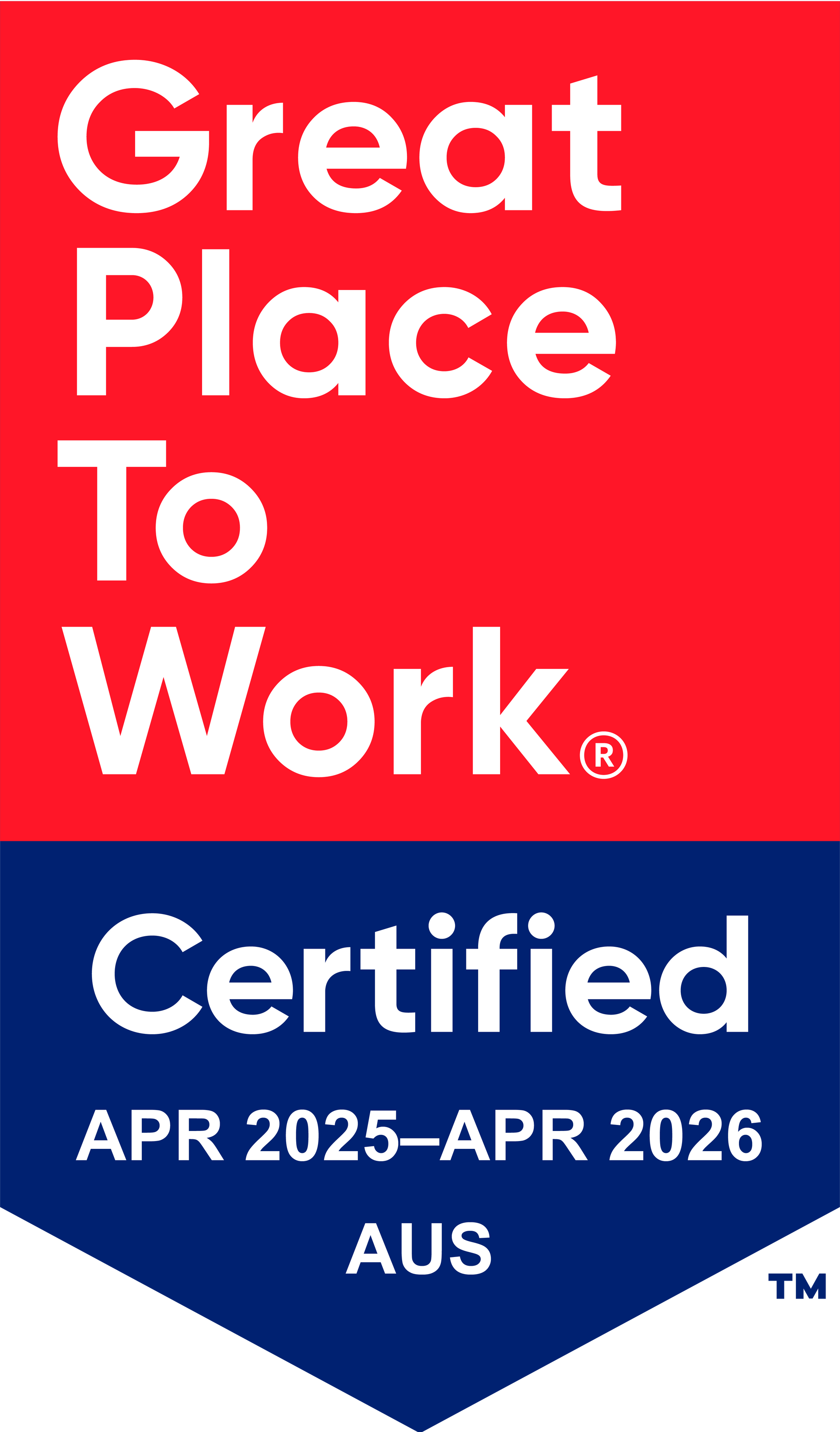Let's dive into a topic that's been buzzing around the leadership circles for a while now – "fake it till you make it." We've all heard it, maybe even used it as a mantra at some point. The idea that projecting confidence and competence, even if you're not quite there yet, can pave the way to success. But here's the thing, in a world where authenticity and transparency are becoming the gold standard, where does that leave us as leaders?
I'll be the first to admit, there have been times in my own journey where I've had to lean heavily on self-belief and take a leap of faith. And more often than not, I've surprised myself with the outcomes. But it's got me thinking – how far can we really push this before it starts to blur the lines of integrity?
Let's talk about clarity of vision and purpose, and staying true to our own values and beliefs. Authentic leaders aren't trying to mimic someone else's style; they're grounded in their vision and inspire others to join them on that journey.
And when it comes to effectiveness, authenticity is the secret sauce. Trust and credibility aren't built on a facade of confidence; they're nurtured through genuine connections and transparency. Sure, "faking it" might give you a temporary boost, but it's authenticity that breeds long-term loyalty and productivity.
Now, let's talk about navigating disruption and change – something we're all too familiar with in today's fast-paced world. Authentic leaders don't sugarcoat the challenges; they embrace them head-on, fostering a culture of adaptability and resilience. Instead of pretending to have all the answers, they engage their teams in honest dialogue and empower them to face uncertainty together.
And let's not forget about fear of failure – the silent killer of innovation and growth. Authentic leaders see failure not as a setback, but as a stepping stone to success. They create an environment where taking risks is encouraged, where vulnerability is seen as a strength rather than a weakness.
Lastly, as we climb the ladder of success, it's easy to lose sight of our own needs and aspirations. Authentic leaders prioritise personal well-being and fulfillment, understanding that true success isn't just about climbing the corporate ladder, but about staying true to ourselves along the way.
So, in a nutshell, while "fake it till you make it" might offer some short-term gains, true leadership effectiveness lies in authenticity and transparency. By staying true to our vision, navigating change with grace, and embracing failure as a catalyst for growth, we can unlock our full potential as leaders and make a real impact in the world.
Embracing authenticity over “faking it until you make it” as the cornerstone of daily success, fostering trust, resilience and meaningful connection is what I want to be known for.
What about you?
Here's to building leadership muscle, living authentically, embracing learnings and inspiring others to do the same.
Reach out to me
kylie.saunders@worktrybe.com for a coffee and a chat on how WorkTrybe can partner with your organisation, to help you lead authentically.











